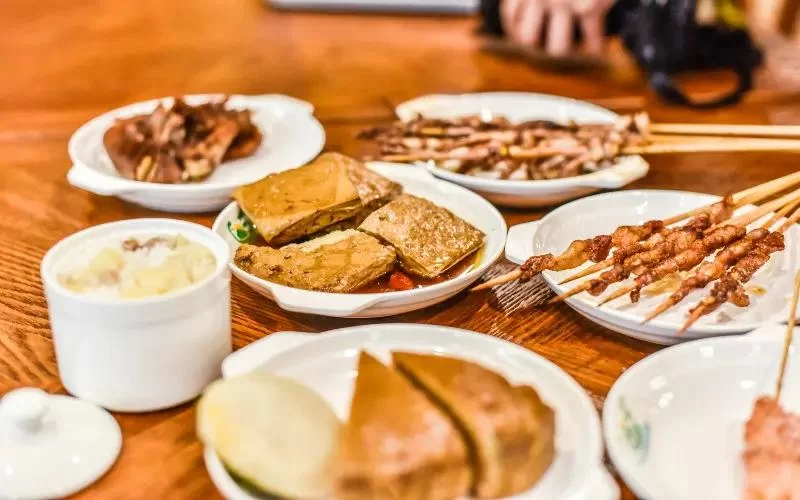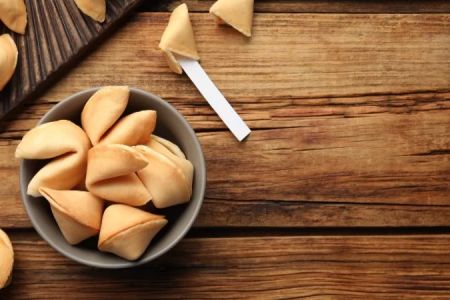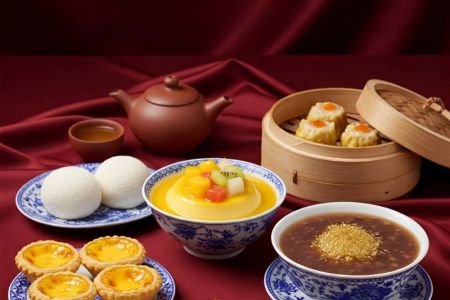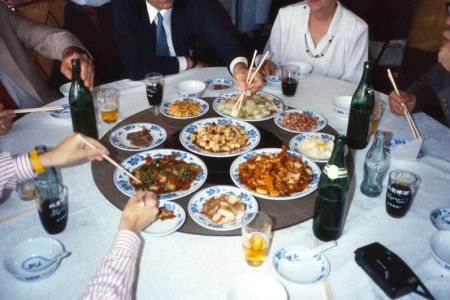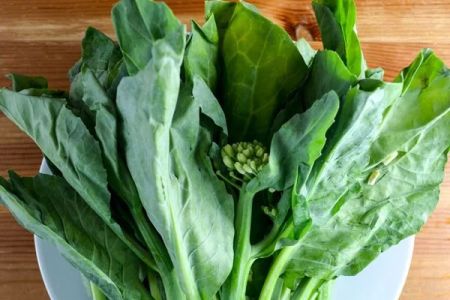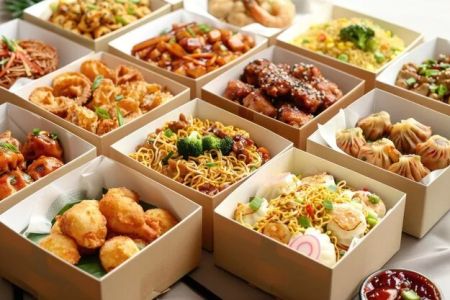- 1-Overview-of-Chinese-Food-Culture
- 2-Staple-Foods-in-China
- 3-Regional-Cuisines-and-Their-Characteristics
- 4-Popular-Traditional-Chinese-Dishes
- 5-Cultural-Significance-of-Food-in-China
- 6-Modern-Trends-and-Global-Influences-in-chinese-food
- 7-Where-to-Experience-Authentic-Chinese-Cuisine
1. Overview of Chinese Food Culture
Chinese cuisine is one of the most diverse and rich culinary traditions in the world. When asking what food do Chinese people eat, it is important to understand that food in China is more than sustenance; it is a vital part of culture, social life, and history. Chinese meals emphasize balance — in taste, texture, and nutrition — and vary widely across the country’s vast geography.
Historically, Chinese food culture dates back thousands of years and reflects the agricultural heritage of rice, wheat, and various regional crops. The philosophies of Yin and Yang also influence how food is prepared and consumed, seeking harmony not just in flavors but in health benefits as well.
2. Staple Foods in China
At the foundation of the Chinese diet are staple foods, which differ mainly based on geographic location. In southern China, rice is the predominant staple, served in many forms such as steamed rice, congee, or rice noodles. In contrast, northern Chinese diets tend to focus on wheat-based staples like noodles, steamed buns (mantou), and dumplings.
These staple ingredients are accompanied by a wide range of vegetables, meats, and seafood, depending on availability and regional preferences. The variety of staple foods highlights how Chinese people adapt their diet to their environment and agricultural resources.
3. Regional Cuisines and Their Characteristics
China is home to eight major culinary traditions, often referred to as the “Eight Great Cuisines.” Each region has its unique flavors and cooking techniques, answering the question of what food do Chinese people eat with remarkable variety:
3.1 Cantonese Cuisine
Known for its freshness and mild flavors, Cantonese food includes famous dishes like dim sum, roast duck, and steamed seafood. It emphasizes quick stir-frying and steaming to preserve natural tastes.
3.2 Sichuan Cuisine
Sichuan food is celebrated for its bold, spicy, and numbing flavors, using chili peppers and Sichuan peppercorns extensively. Dishes like Kung Pao chicken and mapo tofu are international favorites.
3.3 Shandong Cuisine
Shandong cooking is famous for its use of seafood, clear broths, and deep-frying techniques, focusing on savory and fresh flavors.
3.4 Jiangsu Cuisine
Known for delicate presentation and slightly sweet flavors, Jiangsu dishes often feature fresh river fish and elegant braises.
The other major cuisines include Zhejiang, Hunan, Anhui, and Fujian, each bringing distinctive tastes and ingredients to the table.
4. Popular Traditional Chinese Dishes
Some dishes are beloved across China and are representative answers to what food do Chinese people eat daily or during festivals:
- Sweet and Sour Pork: A balance of tangy and savory flavors often enjoyed in family meals.
- Dumplings (Jiaozi): Especially popular during Chinese New Year, symbolizing wealth and prosperity.
- Hot Pot: A communal dining experience where diners cook ingredients in boiling broth, popular in northern and western China.
- Fried Rice and Noodles: Versatile dishes incorporating vegetables, meats, and sauces, staple comfort foods.
5. Cultural Significance of Food in China
Food in China carries deep cultural meaning. Sharing meals is an expression of family unity and social bonding. Festivals and ceremonies are marked by specific foods that carry symbolic value, such as mooncakes for the Mid-Autumn Festival or sticky rice cakes for the Lunar New Year.
Respect for ingredients and tradition is evident in cooking techniques and table manners, reflecting values of harmony, respect, and health.
6. Modern Trends and Global Influences in Chinese Food
While traditional foods remain central, Chinese cuisine is also evolving with global influences and modern lifestyles. Urban areas see fusion dishes and fast food adaptations, while health trends encourage organic and plant-based variations.
The rise of food delivery apps and international tourism has also expanded the availability of diverse Chinese dishes worldwide, making it easier than ever to experience authentic flavors.
7. Where to Experience Authentic Chinese Cuisine
If you want to explore the rich diversity of what food do Chinese people eat, visiting local markets, street food vendors, and traditional restaurants offers an immersive experience. For online shoppers and food enthusiasts seeking quality ingredients or curated meals, Chinese Food provides trusted recommendations for authentic products, recipes, and dining options.
Engaging with these resources can deepen your appreciation and understanding of Chinese culinary traditions.


